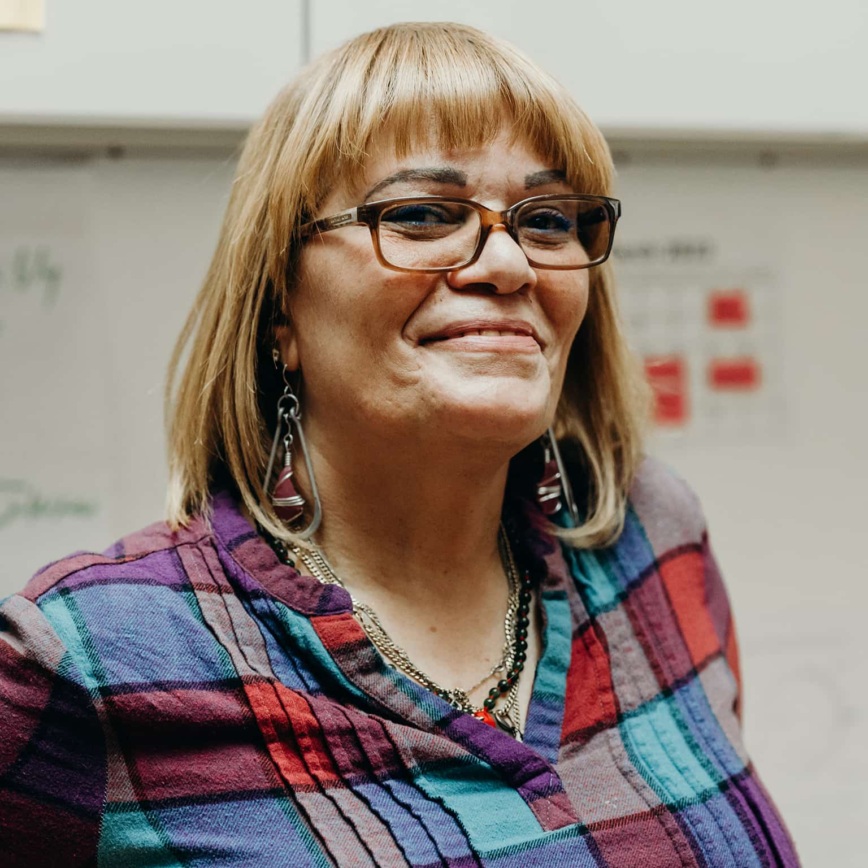

The Drug Policy Alliance (DPA) is the leading organization in the U.S. working to end the drug war. We are people impacted by the drug war. We have lost loved ones to overdose. We are in recovery. We use drugs. We have experienced the harms of drug criminalization. Join us. Together, we will end the drug war and build a better future shaped by love, not war.
scroll to learn more scroll to learn more
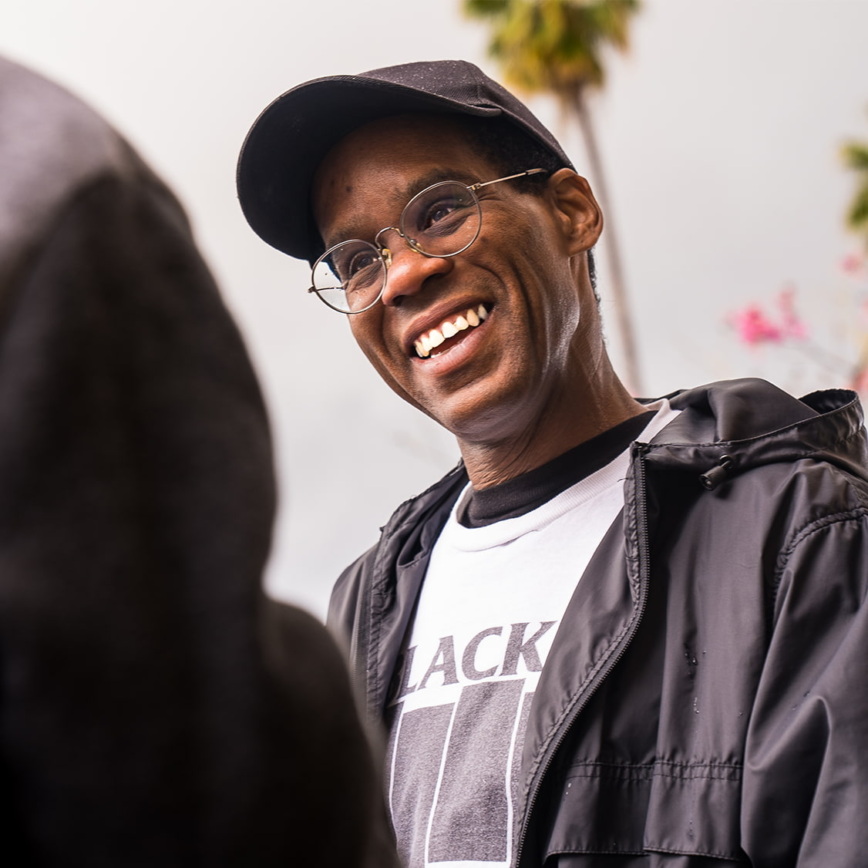
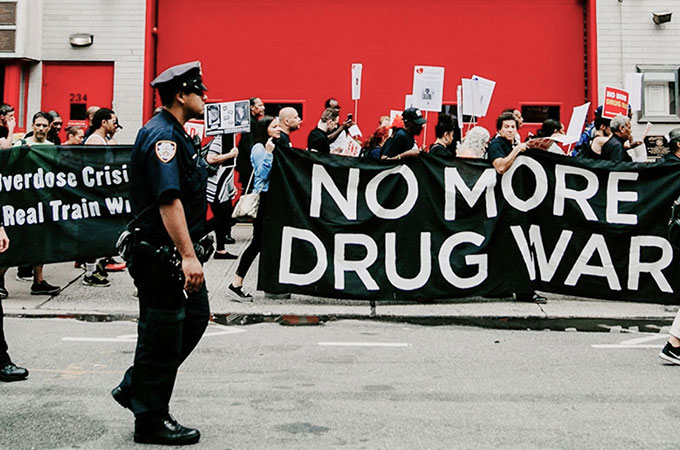
The Drug Policy Alliance (DPA) is the leading organization in the U.S. working to end the drug war, repair its harms, and build a non-punitive, equitable, and regulated drug market.
Communities need resources to thrive. The U.S. government spends billions each year enforcing drug war prohibition. This money can be better spent supporting communities. This includes addressing the root causes of problematic drug use. The Drug Policy Alliance believes we must reinvest funds back into the communities most harmed by the drug war.

Communities need a health-focused approach to drugs. Yet, drug offenses are one of the leading causes of arrest in the U.S. The U.S. must stop arresting and jailing people for drugs. Instead, they should reinvest the savings into addiction services and social supports. This includes voluntary treatment, housing, employment, harm reduction, recovery services, and peer support. The Drug Policy Alliance is the leading organization advocating for drug decriminalization.
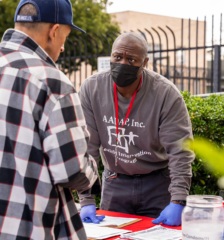
People need support, not punishment. The decision to punish drug use has affected nearly every aspect of daily life. The drug war has now spread beyond the criminal system into education, employment, housing, and more. The Drug Policy Alliance is working to end the punishment and surveillance that harm families and communities.
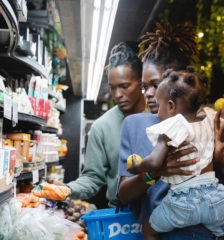
People have a right to know what goes in their bodies. Prohibition has created an unregulated drug supply that is unpredictable. It is driving overdose deaths. The Drug Policy Alliance is exploring legal regulation and safer supply as a legal, known alternative to the unregulated drug supply. It will replace prohibition with equity-centered policies and practices.
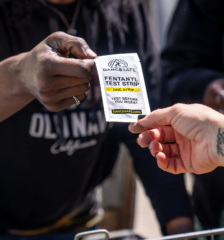
No one should be criminalized for marijuana use or supply. As reform efforts expand across the United States, it is important that we legalize and regulate marijuana right. The Drug Policy Alliance is leading the fight to ensure marijuana reform centers health, justice, equity, and reinvestment. This includes calling on the Biden administration to deschedule and decriminalize marijuana.

No one should die from a preventable overdose. Overdose prevention centers (OPCs) save lives. They are a much-needed response to the unprecedented numbers of Americans dying from an overdose. OPCs reduce overdose death and connect people to ongoing care. The Drug Policy Alliance is the leading voice for making OPCs available across the United States.

Most people agree that drug use should be treated as a health issue instead of a crime. Yet many still support harsh punishment for people who sell drugs because of stigma and fear. The Drug Policy Alliance is advocating for new responses to drug sales that improve public health and safety while reducing punishment.